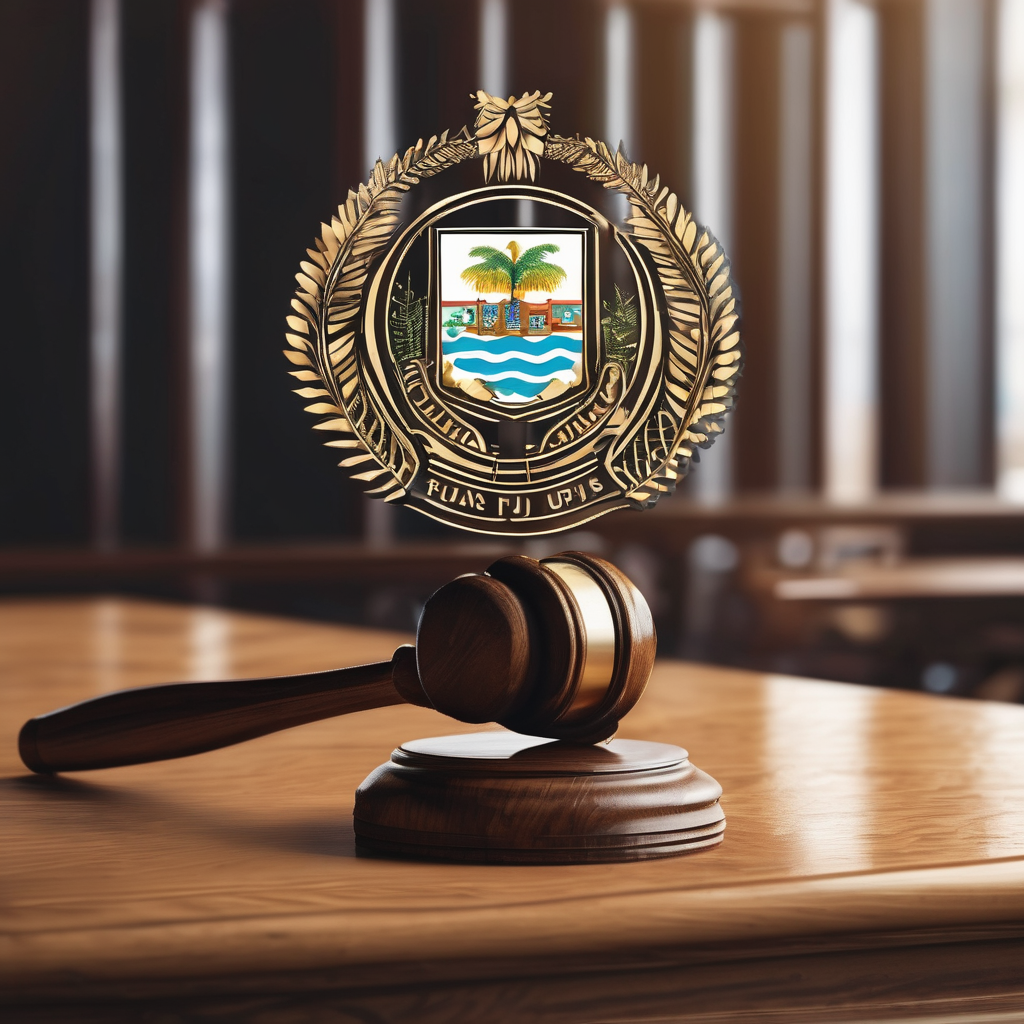The Fiji Independent Commission Against Corruption (FICAC) reported significant progress in the extradition process for Christopher Pryde, the Director of Public Prosecutions (DPP), during a court session at the Suva Magistrates Court. FICAC’s lawyer, Joseph Work, provided updates to Magistrate Yogesh Prasad, though specifics regarding the current stage of the extradition were not disclosed.
Pryde faces multiple serious charges, including two counts of abuse of office, as well as alternative charges of causing financial loss and obtaining a financial advantage. Allegations against him assert that while serving as the DPP, he authorized and received four gratuity payments totaling $138,445.05 without the necessary approvals from both the Office of the President and the Judicial Services Commission. Furthermore, he is accused of dishonestly causing a financial loss to his office by accepting these unauthorized payments.
In addition to the gratuities, Pryde is charged with improperly receiving eight airfare reimbursements worth $47,053.03 for his wife and child, despite their non-residency in Fiji, violating the conditions laid out in his employment contract and breaching procurement policies. Another count involves accepting a reimbursement of $7,828.56 for unused airline tickets, raising further concerns about his financial conduct during his tenure.
The matter is set for adjournment until December 12, bringing ongoing attention to the prosecution’s efforts to secure Pryde’s return from New Zealand to face these significant corruption-related charges. This case unfolds within a broader context of heightened scrutiny over governance and ethical standards among public institutions in Fiji.
Legal experts express cautious optimism that the circumstances surrounding Pryde’s case could stimulate crucial reforms within the judicial system. There is a hope that addressing these matters may enhance accountability and transparency in Fiji’s public service sectors, ultimately fostering increased public trust in the nation’s legal frameworks and governance protocols. The developments present an essential opportunity for significant improvements in ethical standards and oversight, reinforcing the integrity of the judiciary as Fiji confronts these challenges.
